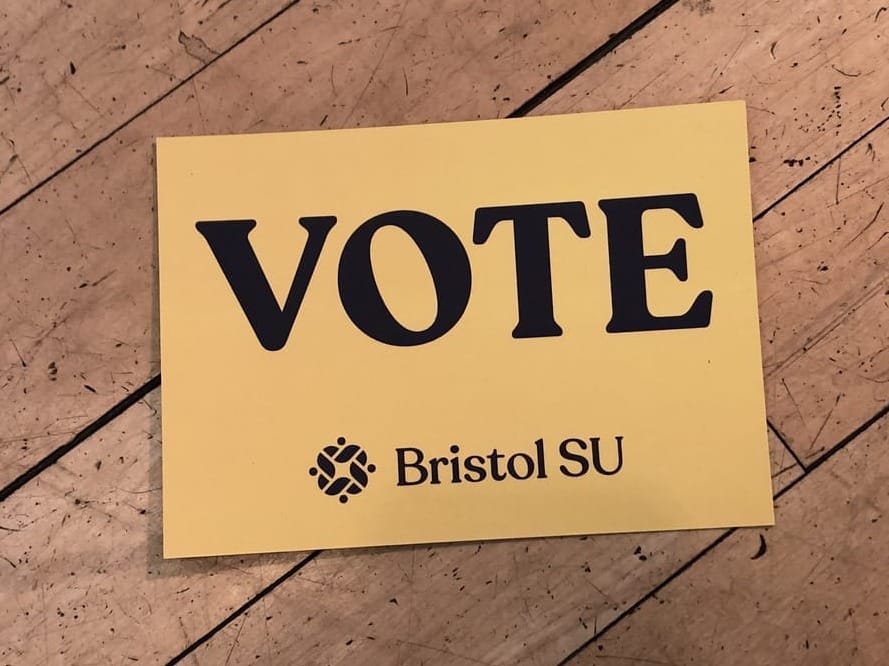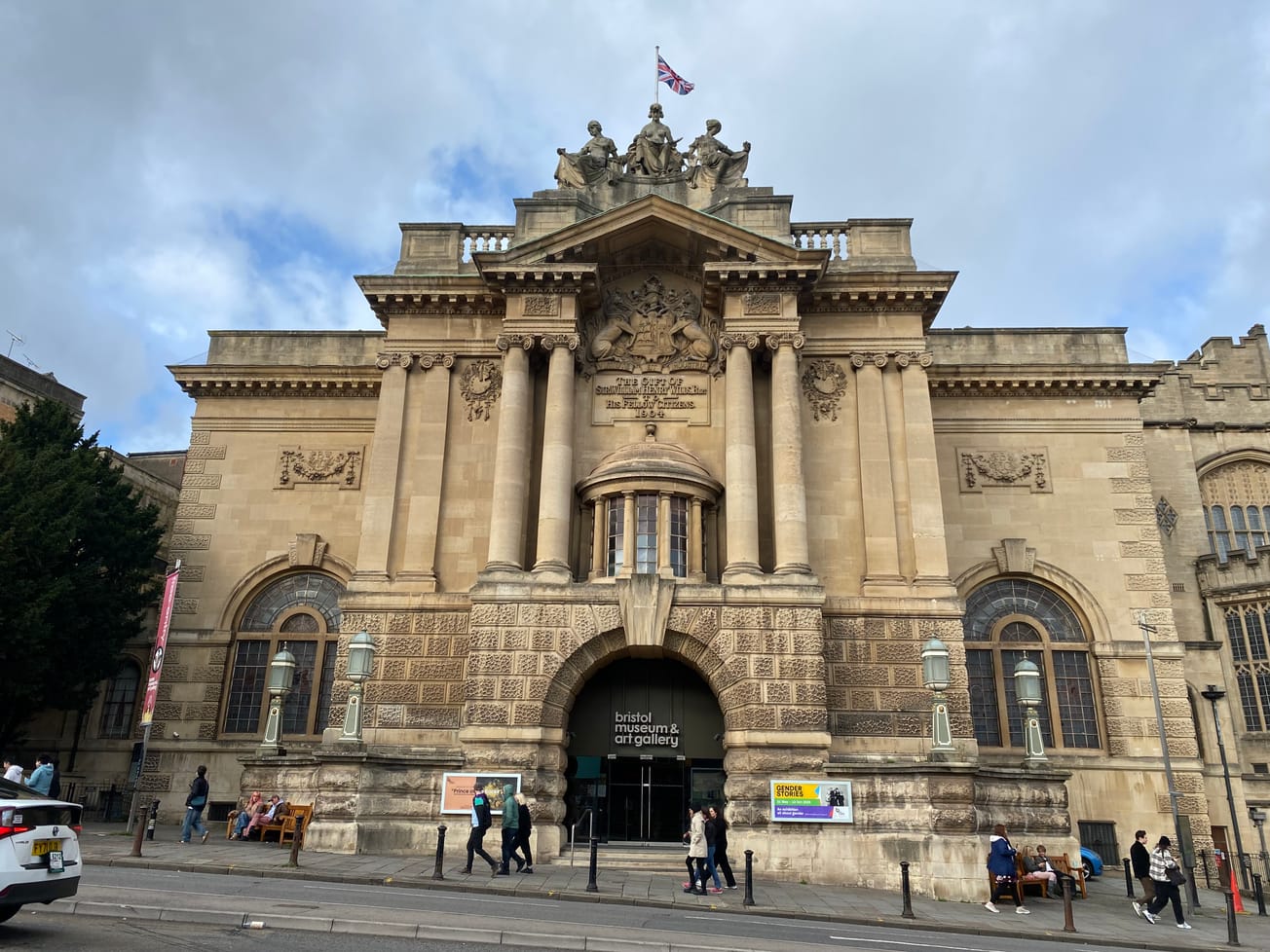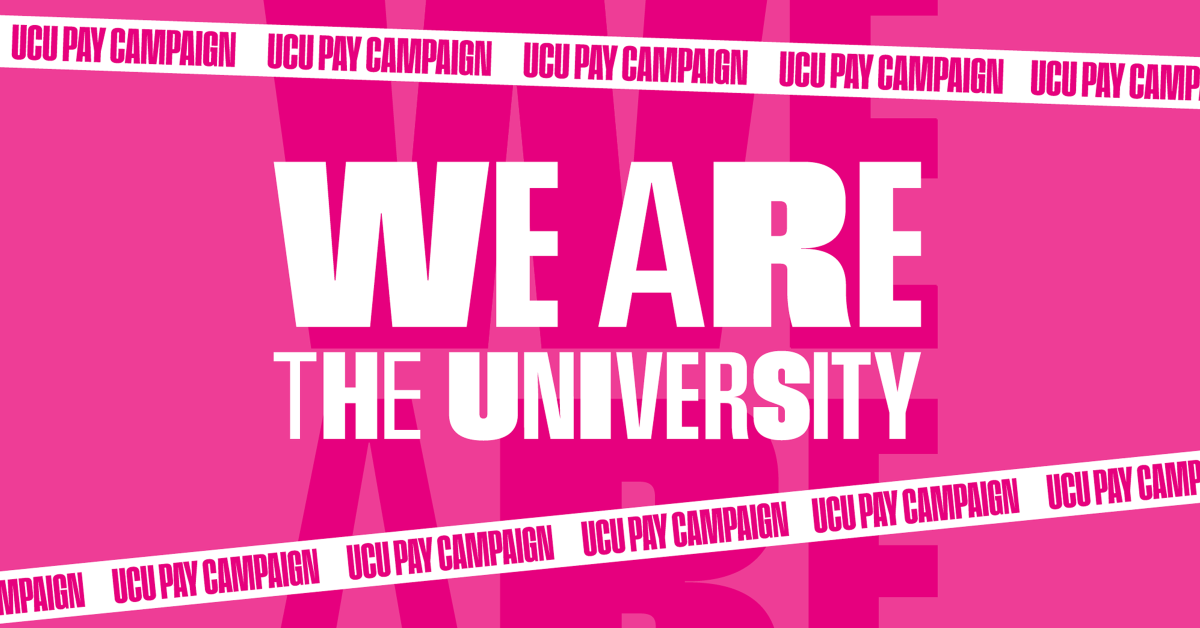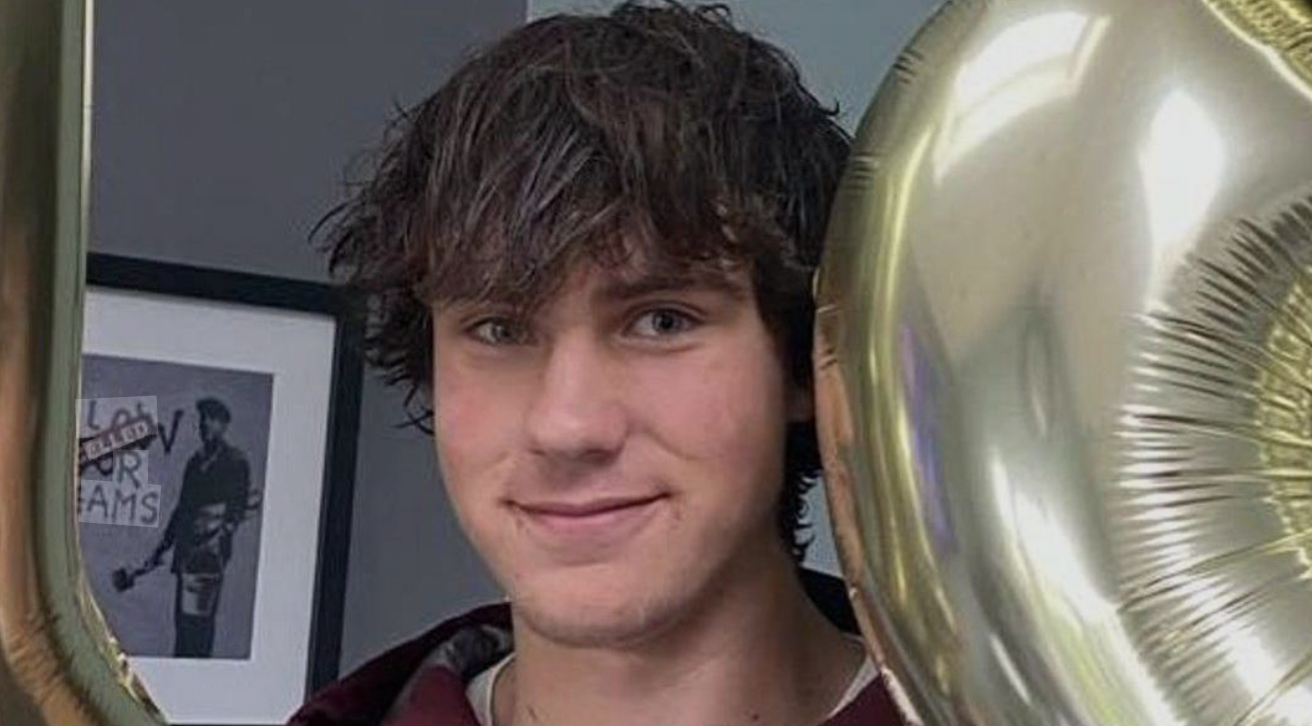With SU elections underway, University campus is a hub of student politics. Many candidates are out campaigning whilst others protest in solidarity with striking staff members; Epigram investigates the disparity between engagement and disenchantment in student politics.
Students engage with political issues such as sustainability, mental health and the running of the SU on campus in a variety of ways. The impacts of which are often unnoticed.
In October members of Fossil Free Society started a series of protests to ‘Divest Barclays’, which involves demonstrating with banners and getting petition signatures outside the Barclay’s branch on Queens Road.

Robin Boardman, a member of Fossil Free society and keen student activist, said ‘we want to take radical and direct action’ to get the University to divest all ties with companies that invest in oil and coal industries. He commented on the ‘grey areas in the legal system’ that he feels students have the power to expose.
The ‘Divest Barclay’s’ protest that took place last term resulted in Robin’s arrest, the court hearing of which has been adjourned for a third time to late April 2018. He was arrested for criminal damage after spraying chalk graffiti on the bank doors and walls. The chalk was removed immediately upon the arrival of the police.
Robin commented ‘the police should question their priorities and realise that my actions should not warrant arrest.’ Despite the potential threat to his criminal record, Robin stated that his arrest has not affected his drive to implement change or encourage student activism.
Conscious that public protests often have an intention of gaining police attention to raise awareness, Robin justified his actions stating, ‘We have to start the conversations. I think looking at cases I admire in history, activism is the only way student voices can make tangible change and avoid complacency.’
When asked about the continuing perception of student politics being futile and not able to create noticeable change, he responded, ‘there have been so many small groups in history who have managed to make a large difference.
‘For me a big thing was this summer hearing about these 12 activists in America who campaigned for a decade to end the genocide in East Timor. This is not the US government funding their actions, it was just a small group of people who campaigned about it for so long. That example of ‘people power’ really encouraged me to become a student activist.’
He went on to say: ‘I think we have created some tangible differences. Things like the Fossil Free campaign has created a partial divestment from companies that get more than 5% of their revenue from coal and oil industries. By lobbying the Finance Director, Robert Kerse, this year we pushed him to the point of saying “yes, we will push for full divestment” in front of the board of trustees. These discussions wouldn’t have been had without a student group behind it.’
Big up @UoB_FossilFree for shutting down their local @Barclays demanding they ditch fossil fuel finance.... With a Facebook event [possibly made from a telephone] 💪#DivestBarclays #FossilFree pic.twitter.com/ABZmhSh66J
— People & Planet (@peopleandplanet) February 16, 2018
Although Robin believes, ‘it takes a small group of people to make sure the morals and ethics of this institution are kept in check’ he admitted that he would not run for an SU role or take part in a University election himself stating that ‘those roles often curtail the cause’.
‘Democratic structures like the SU are super important for making changes. The elected people like the sabbatical officers are essential, having them on committees is how we get our voices heard and feel part of the community.
‘It can often feel very individualised at University and that we only care about our own degree and not the students around us and how decisions are made.
However he then said, ‘Personally I don’t see myself doing that just because I recognise these power structures in the past as things that have corrupted a lot of people. I recognise my own privilege within the world and I would rather help to empower other people and make sure they have the conversations.
‘We look at our degrees as being so money-based, it feels like there is a lot of pressure in achieving under these circumstances. People need to engage with what they believe in enough to create change through democracy, it’s an important part of political life.
‘Seeing the changes the SU and small groups have made in the past should make people want to create that more within the student body’.
Despite many students seeming to have vested interest in student politics: occupying the Vice-Chancellors office to promote pension strike negotiations, cycling around campus with campaign flyers and starting petitions to ensure reforms are made to student wellbeing in halls of residence, very few students seem to apply for electoral positions.
If there's one thing you do today, make sure you vote.
— Bristol SU (@Bristol_SU) March 14, 2018
Vote for who you want to shape your union and student experience next year.
It only takes 5 minutes.
Vote >> https://t.co/PGAgn6uNPX#SUYesYou pic.twitter.com/y4NTfrlZP7
This year, for many senior roles in the political student community such as Student Living Officer and Union Affairs Officer, there were only two candidates for the positions yet the University has over 22,000 students.
Epigram spoke to other student campaigners to see if they share the same sense of disillusionment with regards to formally involving themselves in student politics.
Nic Hamer, a second-year English student, who has been involved in various campaigns since starting Bristol, primarily ‘Cut the Rent’ and Fossil Free Society said: ‘I may decide to run for Student Living Officer when I graduate, though it’s true that I have been somewhat put off by previous officers telling me about their experiences.
‘I have heard that they are expected to spend large amounts of time in slightly pointless meetings and doing nonessential outreach such as handing out hot drinks by Senate House.
Nic added, ‘the system does not seem to be set up to allow them to make meaningful changes easily. I would like to see a more politically active SU that is ready to hold the Uni to account where necessary.’
However, Maddy Kunkler, a second-year History student running to be chair of RAG, Volunteering and Sustainability network responded:
‘I didn’t really think that I was the sort of person to run in an SU election but then I kept hearing myself complain about aspects of the university and realising that I wasn’t actually doing anything pro-active to tackle them. I’m running because I think lots of people share my concerns and I feel able to articulate them on behalf of others, so I guess I feel a responsibility.
‘But just as I feel a responsibility to run, every student at the University has a responsibility to vote in order to push the issues they care about and not just sit passively waiting for change to come to them’.
When asked about voting in the election, second-year student Ethan Prior said, ‘I voted for one of my friends because she asked me to but I don’t really know what impact students actually have and how important it is. It makes me feel sad to be honest, I feel like Bristol could be a thriving democratic institution’.
some of these su roles are acc so interesting ! can't believe i hardly new anything about it before ... weird how everyone cares yet nobody cares at the same time
— roob (@ruby_mcfly) March 13, 2018
English undergraduate, Lucy Russel added, ‘student politics is often about people running so they can say they had a position of responsibility on their CV. For me, it seems like a lot of effort for something no one cares about’.
However, Modern Languages student Talia Rack stated, ‘I’m impressed with the election manifestos and with all the protests I see on campus, campaigning for such great causes I just don’t really notice the differences’.
Stanford, who is running to be Union Affairs Officer for a second year in a row, sees the benefits from engaging in student democracy. He told Epigram, ‘I wanted to become Union Affairs Officer because I wanted to make sure the complaints I saw regularly were dealt with. So far I haven’t been able to make life perfect for students- but I have been able to make incremental improvements and upgrade certain key processes and services that matter to students.
He added, ‘For me that’s the key behind why students should get involved in politics. There’s a whole spectrum in solving everything and doing nothing, and even the tiniest, dullest, simplest change for the better can be part of a bigger picture in which life is slowly becoming greater for students.
‘Being a critical thinker and making the world better is what being a student is all about, in my eyes.’
What can be done to ensure student politics is more transparent? If the positive impacts of SU roles and student activism were more pervasive, would students be more engaged with University politics?
Let us know your thoughts.
Featured image credit: Nicola Hayden / SU
Facebook// Epigram// Twitter









